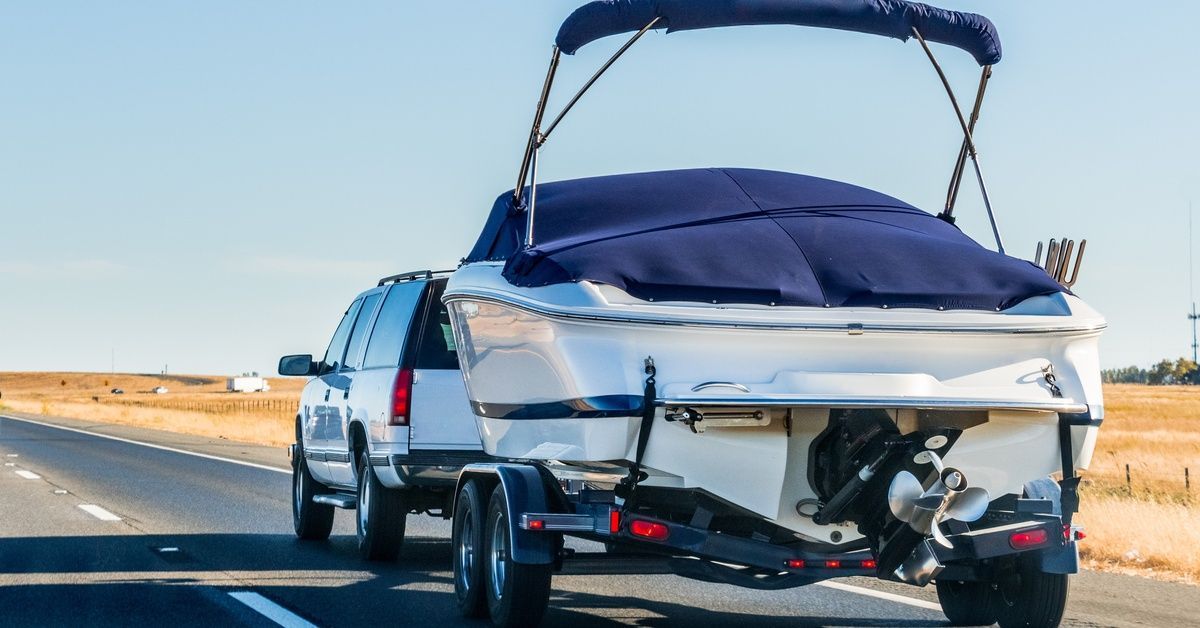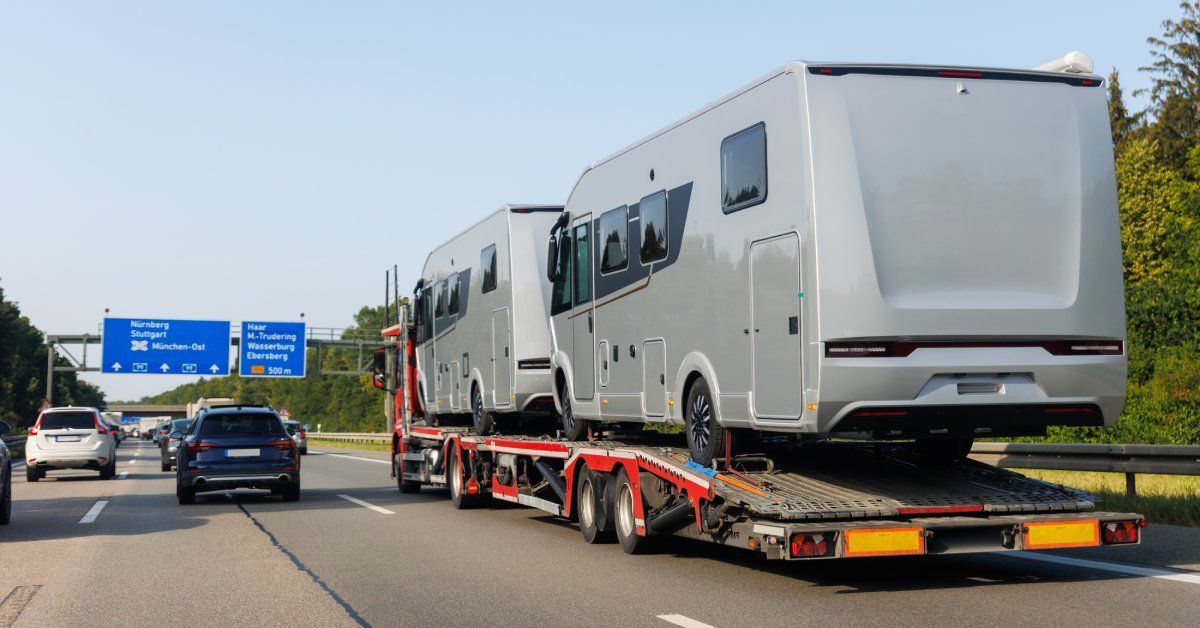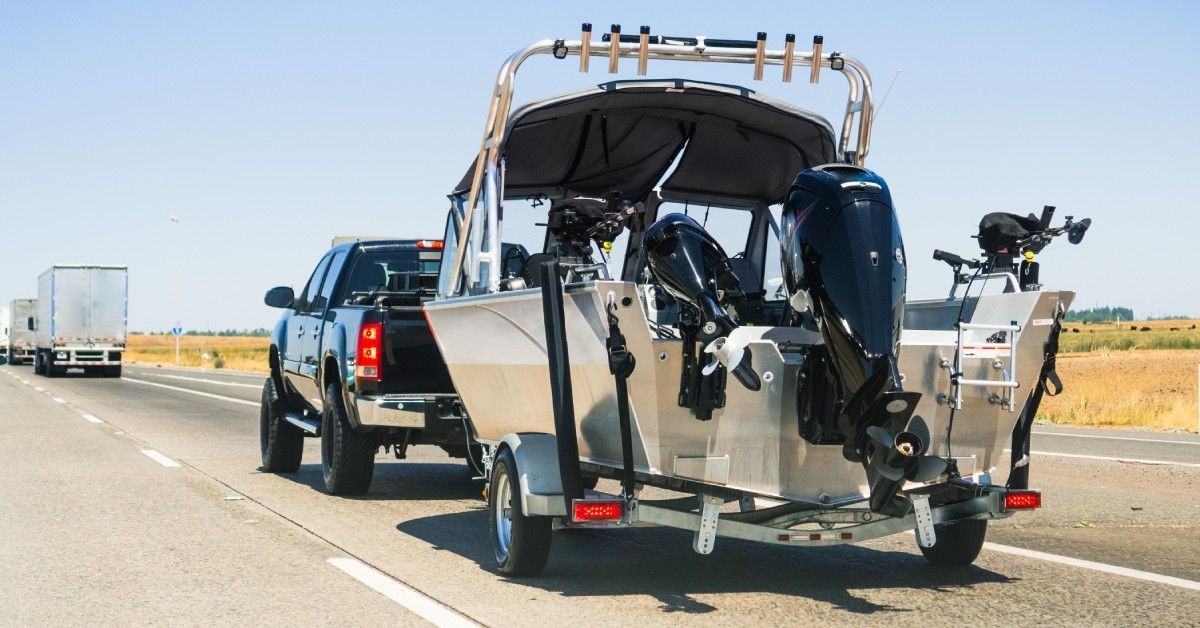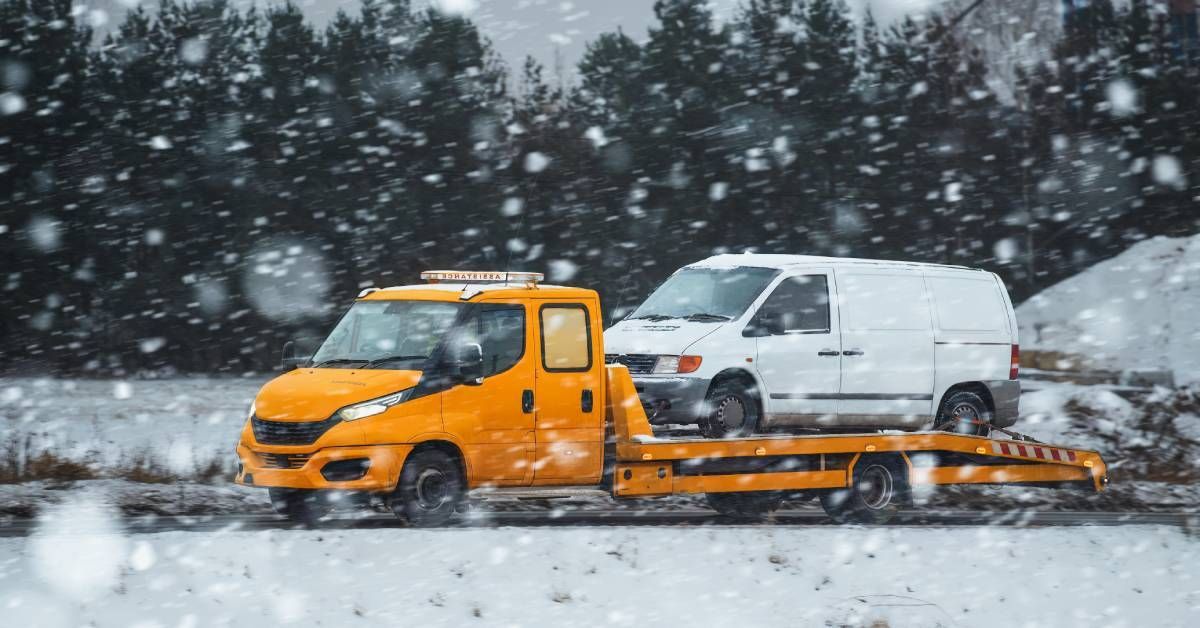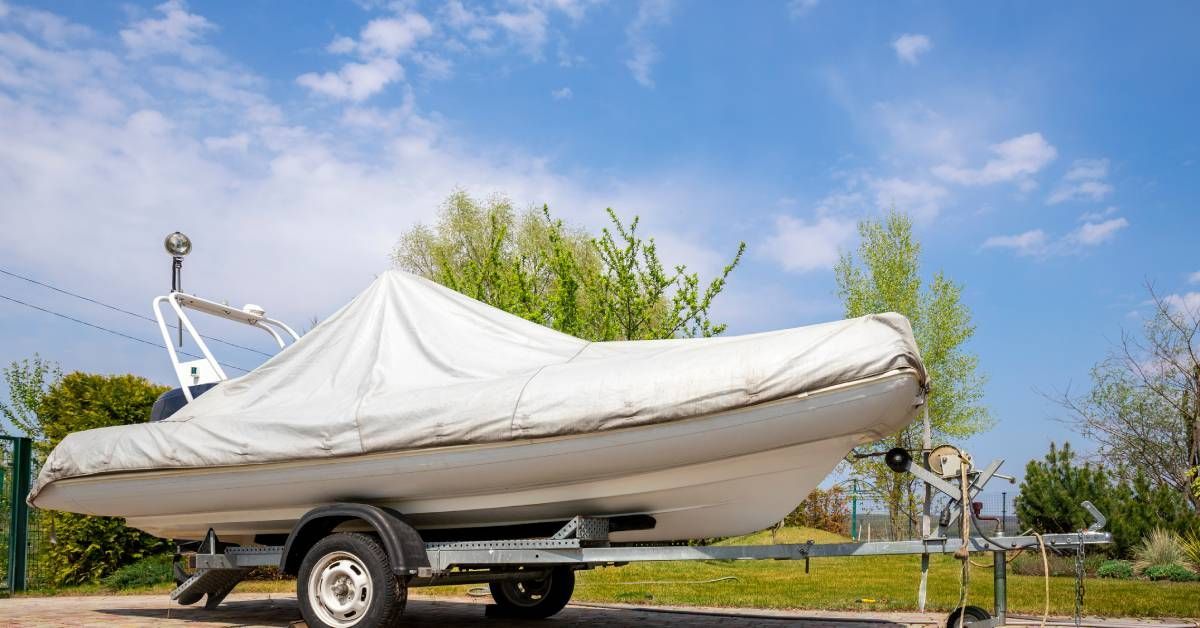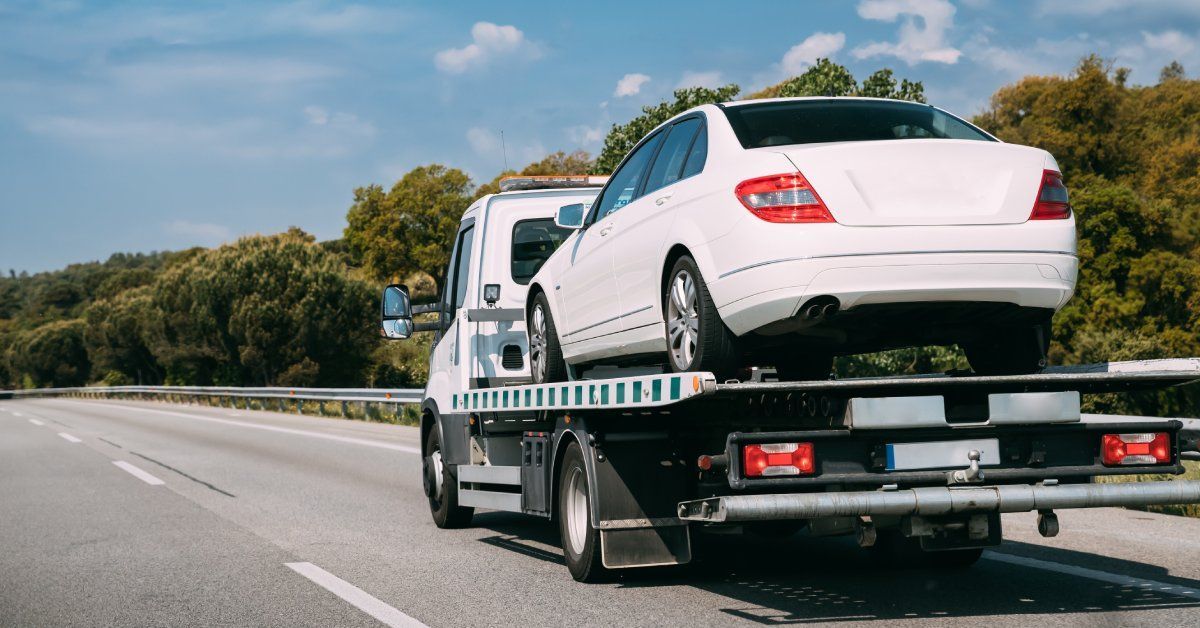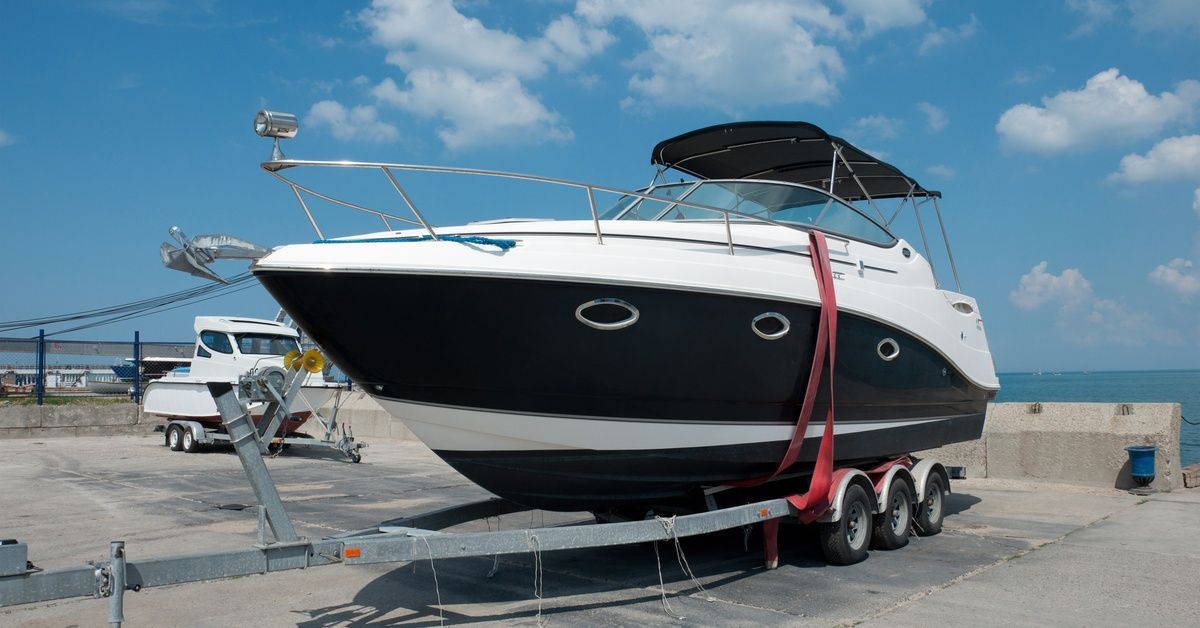What To Expect During Cross-Country Trailer Transportation
Moving an RV, boat, or a piece of heavy equipment across the country can sometimes be overwhelming. The logistics, timing, and safety considerations involved in transporting these valuable assets thousands of miles require careful planning and the right transportation partner. Understanding what to expect during cross-country trailer transportation can transform a potentially stressful experience into a smooth, well-coordinated process.
Preparing for Cross-Country Transportation
Assessing Transportation Needs
Every transportation project begins with a thorough evaluation of your specific requirements. The size, weight, and dimensions of your vehicle directly impact the type of trailer needed, route planning, and overall cost. RVs require different transport considerations than boats, which in turn differ from heavy machinery or specialty vehicles.
Documentation matters in the assessment phase. You’ll need to gather titles, registration papers, insurance information, and special permits required for oversized loads. Some states have specific regulations for transporting certain types of vehicles, and your transportation company will need these details well in advance to secure proper routing and permissions.
Preparing Your Vehicle
Proper vehicle preparation reduces the risk of damage during transport and complies with safety regulations. You typically need to reduce fuel levels to approximately one-quarter of a tank to minimize weight while maintaining enough fuel for loading and unloading operations.
Interior and exterior preparation requires attention to detail. Remove or secure all personal belongings, retract awnings and slide-outs on RVs, and properly lock all compartments. For boats, this means securing the helm, removing loose equipment, and protecting sensitive electronics. If you have heavy equipment, you may need to position hydraulic systems in transport mode and properly secure or remove implements.
Selecting a Transportation Service
Types of Transportation Services
The transportation industry offers several service levels for different needs and budgets. Open transport provides the most economical option, though it exposes your vehicle to weather and road debris. Enclosed transport offers maximum protection but comes at a higher cost and may have longer scheduling windows due to specialized equipment requirements.
Expedited services are ideal for urgent shipments, while economy options are better for flexible schedules that prioritize cost savings. Some companies specialize in specific vehicle types, offering expertise in handling RVs, marine vessels, or heavy equipment. Understanding these distinctions helps you choose the service level that best balances your priorities of cost, timing, and protection.
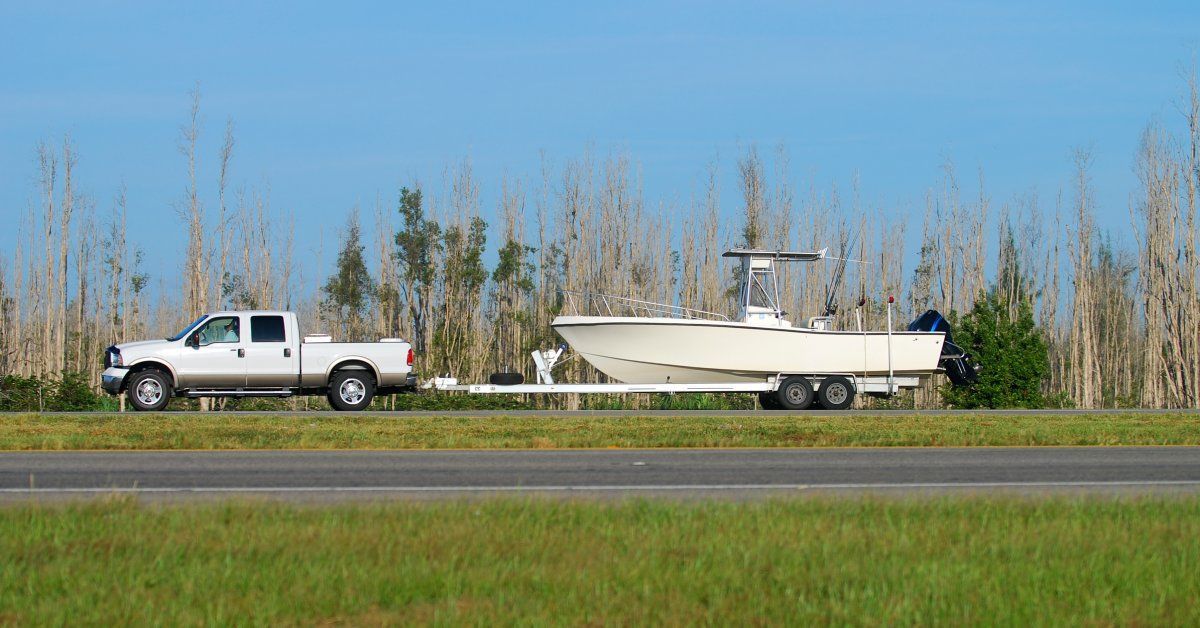
Researching and Vetting Companies
Selecting the right transportation company requires thorough research. Verify licensing through the Federal Motor Carrier Safety Administration (FMCSA), check insurance coverage levels, and review safety ratings. Companies should maintain proper commercial insurance and demonstrate experience with your specific type of vehicle.
Customer reviews and testimonials provide valuable insights into real-world experiences, but focus on recent feedback and look for patterns rather than isolated complaints. Direct communication with potential transporters allows you to assess their professionalism, ask specific questions about their processes, and gauge their familiarity with your vehicle type and transportation route.
Understanding Contracts and Insurance
Transportation contracts contain important details that extend far beyond pickup and delivery dates. Payment terms, cancellation policies, and liability provisions require careful review. Understand what constitutes acceptable delivery windows and what recourse you have if delays occur due to weather, mechanical issues, or other factors beyond the carrier’s control.
Insurance coverage is a critical aspect of the transportation agreement. Verify that the carrier’s insurance adequately covers your vehicle’s full value, and familiarize yourself with the claims process. Some situations may warrant purchasing additional coverage, particularly for high-value or specialty vehicles where standard coverage limits might prove insufficient.
The Transportation Process
Vehicle Pickup and Inspection
The pickup process should begin with a comprehensive inspection that documents your vehicle’s condition before transport. This inspection creates the baseline for assessing potential damage upon delivery. Take detailed photographs from multiple angles. Both you and the driver must sign off on the condition report, noting existing damage, no matter how minor.
Loading procedures vary depending on your vehicle type and the trailer configuration. Professional drivers use specialized equipment and techniques to safely load and secure vehicles.
En Route Monitoring and Updates
Modern transportation companies typically provide tracking systems that allow you to monitor your vehicle’s progress. These systems offer peace of mind and help you plan for delivery, though updates may not occur continuously depending on the technology used and route characteristics. Some remote areas may experience communication gaps that temporarily interrupt tracking signals.
Establish communication protocols upfront to determine how often you’ll receive updates and what information the company will provide. Professional companies proactively communicate about delays, route changes, or issues that might affect delivery timing. Understanding these protocols prevents unnecessary worry when updates don’t arrive as frequently as expected.
Potential Challenges and Solutions
Weather conditions are one of the most common causes of transportation delays. Severe storms, icy conditions, or extreme temperatures may require drivers to stop for safety reasons or take alternate routes. These delays, while frustrating, are often unavoidable.
Mechanical issues with the transport vehicle can also cause delays. Reputable companies maintain backup plans and partnerships with other carriers to minimize disruptions, though some delays may still occur. Route restrictions, permit delays for oversized loads, or unexpected road closures can also impact delivery schedules.
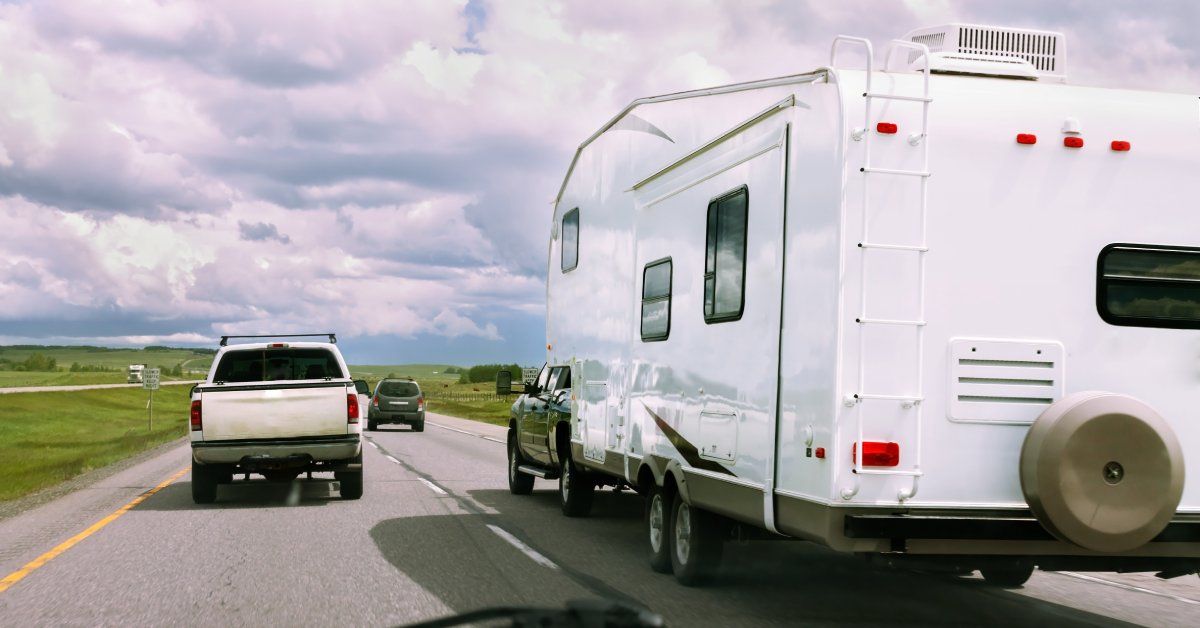
Post-Transportation Inspection and Care
Initial Inspection Upon Arrival
The delivery inspection process mirrors the pickup inspection but focuses on identifying changes to your vehicle’s condition. Conduct this inspection thoroughly, even if you’re eager to complete the delivery process. Compare the vehicle’s current condition to the pickup documentation and photographs you initially took.
Document discrepancies immediately, noting them on the delivery receipt before signing. Once you sign the delivery receipt, your window for claiming transport-related damage typically closes rapidly. Take your time with this inspection, check all accessible areas, and test systems and components where practical.
Maintenance Tips After Transportation
Give vehicles proper attention after long-distance transportation, especially when exposed to different climates or road conditions. This might involve washing off road salt or dust, checking fluid levels, and confirming that all systems function properly after the journey and loading process.
For RVs, test slide-outs, awnings, and all mechanical systems. Boats may need hull cleaning and system checks, while heavy equipment might require hydraulic system inspection and cleaning. These post-transport procedures ensure your vehicle returns to full operational status quickly.
Making Transportation Simple With Professional Service
Cross-country vehicle transportation doesn’t have to be a complex, stressful undertaking when you partner with experienced professionals who understand the unique requirements of different vehicle types. The process becomes manageable when broken down into phases, each with specific objectives and outcomes, giving you a clear idea of what to expect during cross-country trailer transportation.
Coast to Coast Transportation’s trailer hauling service streamlines the entire process by providing comprehensive support, from initial planning through final delivery. Our expertise in handling RVs, boats, heavy equipment, and specialty vehicles ensures your transportation project receives the attention and care it deserves.
With professional-grade equipment, experienced drivers, and a commitment to customer communication, we create a smooth, predictable transportation experience. Call us at Coast to Coast Transportation to get a quick quote today!

